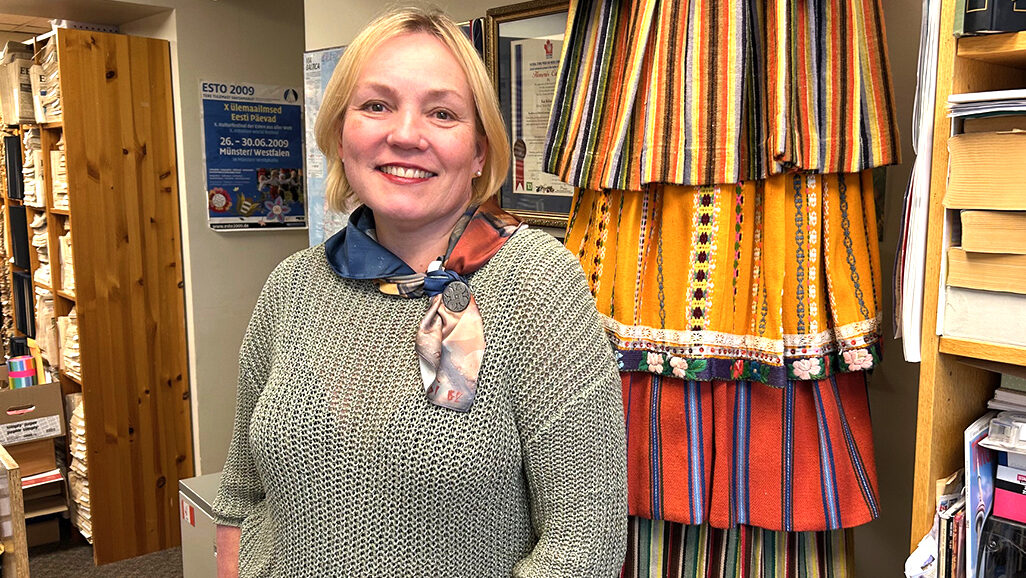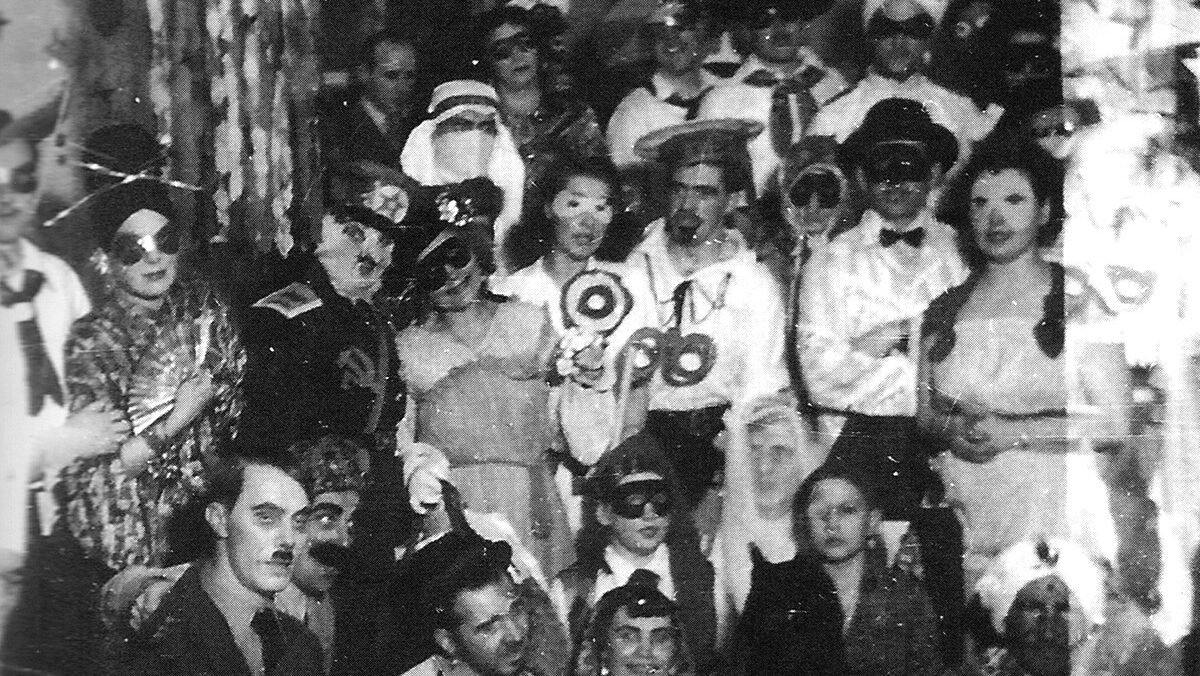Because I am no longer a Joekaaru camper or kitchen slave, I have sometimes felt as if I lost a major source of my Esto culture. As a university student, my studies and life in recent years have taken me far away from the Estonian culture I came to know in my childhood. For a short while upon my arrival in the UK in September, 2011, I began to wonder if perhaps my contact with other Estonians and Estonian cultural events was on the wane. It turns out the opposite is true. This past year I visited the homeland of my vana ema and vana isa, made contact with a whole gaggle of distant relatives and re-acquainted myself with old friends that were now living in Estonia. All this has led to a strengthening of my Estonian ties.
Growing up in Toronto, I became accustomed to Estonians being everywhere—a friend of a friend or a third cousin emerging out of nowhere. The Estonian community in Toronto is widespread. And I found the same in London. Everyone in the UK, it seems, gather in the pub. That is where I often found myself running into Estonians—Toronto Estos! Or when visiting London's bustling Borough Market amidst the chatter of European tourists speaking in Bulgarian, French, and German, I could spot amongst it all the language of my summer camp youth. I could recognize it with ease: that Baltic language that was still unfortunately a little incomprehensible but physically attuned to my ear.
Most interesting for me was my distant family. Following the Second World War, there was a moment when the Tanners resided in London, England. Some stayed and others (notably, my grandparents) immigrated to Canada. Others, my newfound relatives explained, had even gone off to Australia. My third cousin, three times removed (as I said, distant cousin), Erin and her family, had picked me up at the airport when I first arrived. In their home in the quaint village of Leatherhead, Surrey, hanging on the wall was a painting of my vana isa's. Erin's mother spoke Estonian with a British accent, which supposedly many years ago, had led to a dispute between my uncle and her. One of them was clearly speaking funny. All of these connections—familial, linguistic, and cultural—that surfaced when meeting my British relatives gave me a new perspective on what it meant to be Estonian. I realized how wide-ranging, expansive and strong the Estonian community is. We are a people that exist across nations.
But obviously there is Estonia, the country itself. I made a trip there during my month long Easter holiday (because that's how they roll in Britain!) earlier this year. I visited the old world of my grandparent's where all the beautiful blonde kasvataja's of Joekarru magically appeared from. I drank Elk soup in Tallinn Square and shared drinks with fellow Estonian Foundation grant-recipient Kristina Lupp, who was also generously letting me stay with her. I met a few more Canadian Estonians over the course of the trip: at Hesburger and at a bar that specialized in Depeche Mode. One of them, who I had known when he was a rebellious teenager and I was a high-spirited seven-year-old rascal, said to me one night, “It's nice to finally meet you.”
My year abroad gave me an invaluable lesson on what it means to be an Estonian. In faraway lands, when Estonians meet for the first time they treat each other like family or the best of friends. I found that there is no better ice-breaker than when two people, whether far from home or not, suddenly discover they are both Estonian. I learned that like me, there is no shortage in this world of Estonians of mixed ethnic heritage. But whether mixed or not, Estonians, from my experience abroad, seem to have a magical invisible glue that binds them together in a most satisfactory way.
Jakob Tanner




